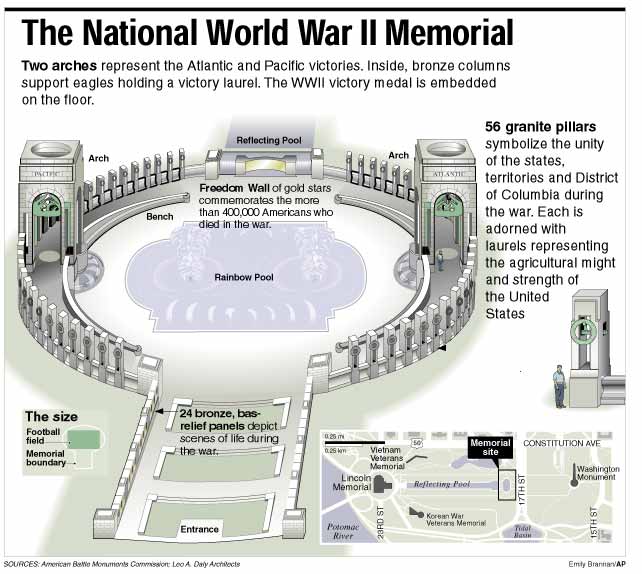Some Ways to Interpret Revelation (A Review)
| View | What it Is | Concerns |
| Allegorical | This is an expression of a moral teaching, like Pilgrim’s Progress, perhaps because of the use of the word signify in Rev 1:1. Some mean the Book to be an encouragement of God’s control of all events. | Revelation does not appear to have an allegorical genre based on the historicity of at least the seven letters to the historical churches of Asia Minor, among others. |
| Preterist | Believe all the events took place before at least the mid fifth century A.D. | If true, there is no meaning for those living after the fifth century. Unfulfilled prophecy is interpreted as fulfilled but symbolic or unexplained history. |
| Historical | All events have already taken place. This is a recount. A subdivision, historic-spiritualist, or amillennialism. | Interpretation is largely up to the interpreter, leaving interpretation of the symbols almost meaningless. |
| Futurist | Ch 4and on as yet to be fulfilled prophecy, using the “Divine Outline” of Rev 1:19 as both historically accurate churches, and a correction system for the church age. | Insisting on this or another interpretation can lead to unnecessary schisms, pride, and differences within the church. Christ is and ought to be the focus of our study |
We use the Futurist perspective as the framework for looking at this chapter, since it has the fewest problems with it and is a human derived (therefore flawed) system.
The Book is now transitioning. A major division. Name some of the contrasts (for example, Earth in Chapters 1,2,3 and Heaven here in chapter four.
After What Things?
Since We Are Flawed: Read Genesis Chapter 3 if you are unsure on this:
- To quote Amy Comey Barrett, Supreme Court justice, “Our lives are cruel, but mercifully brief” allowing us to prepare for an eternity of complete love, harmony and everlasting. What do you think she means by mercifully brief?
- The Church Age of chapters two and three are populated with flawed people doing flawed things, needing Christ’s loving correction. What was the first flaw our loving Headmaster pointed out? Which church was that? What was/is the antidote?
- Our perceptions of Christ are flawed requiring Him to communicate directly through His Word, written in the Bible, and revealed by His glorious __________ and much more glorious ___________.
- Our fellowship with Him is flawed, requiring His guidance and direction on how He best wants us to worship Him. Why the switch from talking about fellowship to worship? Hint: 1 John 1:1-4. Can you name some examples from the Old or New Testament?
- Our perception and knowledge of the Godhead is flawed and forever incomplete. Why would this be?
- What other repercussions are left out?
Let’s do a gut check. What are you going to miss when you go to Heaven? What is PJ’s term for this?
Something to Consider
The word for Church is used 20 times in this book (in the NASB), but only once after chapter 3, in Rev 22:16. The word itself is a compound Greek word, ekklesia, ek, “out of”, and kaleo, to call. The church is an assembly called out of the rest of the world, it is a definition, not really a name.
So what happens to the church?

When the “called out” have been literally called out, they take on a new title, the Bride of the Lamb: Rev 19:7, 21:19
Thought To Live Out This Week
Bring all we want to Heaven and leave behind all we don’t.


 “I can’t hear I can’t hear you, Killing the prophets ended that very uncomfortable never popular message of repentance.
“I can’t hear I can’t hear you, Killing the prophets ended that very uncomfortable never popular message of repentance.